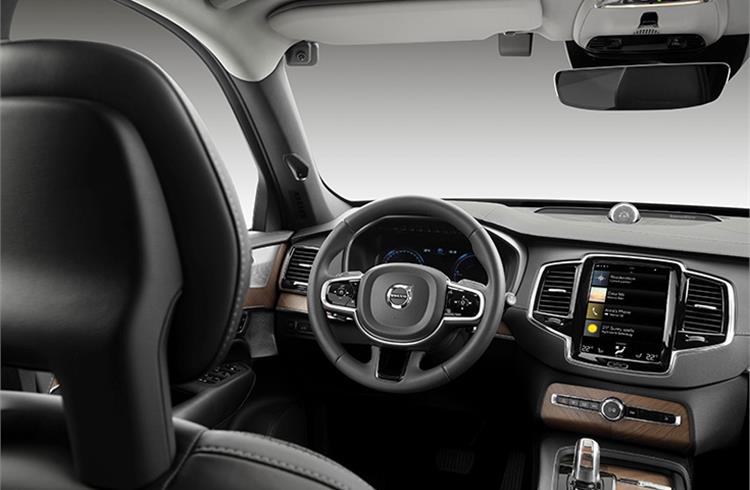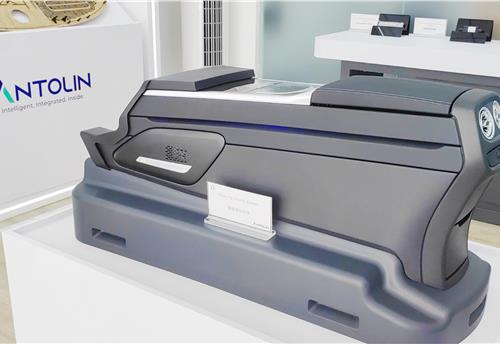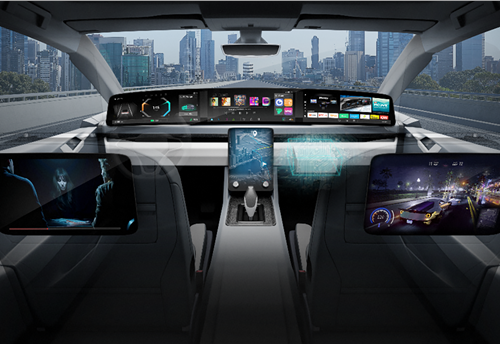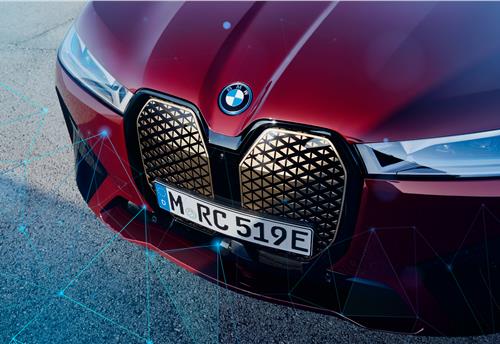Volvo Cars to deploy in-car cameras and sensors against intoxication, distraction
In-car cameras and other sensors will monitor the driver and allow the car to intervene if a clearly intoxicated or distracted driver does not respond to warning signals and is risking an accident involving serious injury or death.
Volvo Cars today revealed a new step in its ambition to end fatalities in its cars by addressing the issues of intoxication and distraction.
Apart from speeding, which the company aims to help combat with a top speed limit, intoxication and distraction are two other primary areas of concern for traffic safety. Together, these three areas constitute the main ‘gaps’ towards Volvo Cars’ vision of a future with zero traffic fatalities and require a focus on human behaviour in the company’s safety work as well.
For example, figures by NHTSA show that in the United States, almost 30 percent of all traffic fatalities in vehicles in 2017 involved intoxicated drivers.
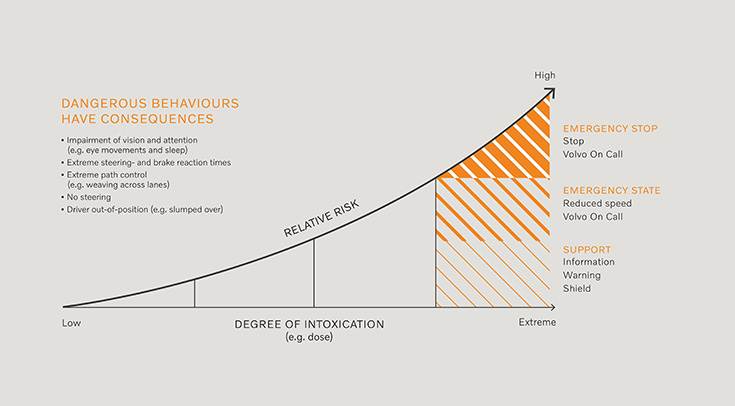
Volvo Cars says it believes intoxication and distraction should be addressed by installing in-car cameras and other sensors that monitor the driver and allow the car to intervene if a clearly intoxicated or distracted driver does not respond to warning signals and is risking an accident involving serious injury or death.
That intervention could involve limiting the car’s speed, alerting the Volvo on Call assistance service and, as a final course of action, actively slowing down and safely parking the car.
“When it comes to safety, our aim is to avoid accidents altogether rather than limit the impact when an accident is imminent and unavoidable,” says Henrik Green, senior vice-president, Research & Development at Volvo Cars. “In this case, cameras will monitor for behaviour that may lead to serious injury or death.”
Examples of such behaviour include a complete lack of steering input for extended periods of time, drivers who are detected to have their eyes closed or off the road for extended periods of time, as well as extreme weaving across lanes or excessively slow reaction times.
A driver monitoring system as described above is an important element of allowing the car to actively make decisions in order to help avoid accidents that could result in severe injuries or death.
“There are many accidents that occur as a result of intoxicated drivers,” says Trent Victor, Professor of Driver Behaviour at Volvo Cars. “Some people still believe that they can drive after having had a drink, and that this will not affect their capabilities. We want to ensure that people are not put in danger as a result of intoxication.”
Planned introduction in early 2020s
Introduction of the cameras on all Volvo models will start on the next generation of Volvo’s scalable SPA2 vehicle platform in the early 2020s. Details on the exact amount of cameras and their positioning in the interior will follow at a later stage.
Today’s announcement should be viewed together with the company limiting the top speed on all its cars to 180kph from model year 2021, in order to send a strong signal about the dangers of speeding.
The company wants to start a conversation about whether car makers have the right or maybe even the obligation to install technology in cars that changes their drivers’ behaviour. Both the speed limit and the installation of in-car cameras illustrate how car makers can take active responsibility for the aim of achieving zero traffic fatalities by supporting better driver behaviour.
Volvo Cars today also revealed the Care Key, which allows Volvo drivers to impose limitations on the car’s top speed on all cars from model year 2021, before lending their car to others.
The Care Key, the monitoring cameras, the speed limit as well existing driver assistance systems all serve one single aim: to support safer driving.
Also read: First India distracted driving study reveals high level of cellphone use
Smartphone users in Europe continue to indulge in unsafe road use
RELATED ARTICLES
Antolin unveils sustainable tech solutions at Beijing Motor Show
In line with its China market roadmap, Antolin is showcasing its latest advances in lighting, HMI, electronics, and sust...
Visteon wins $1.4 billion in new business in Q1 2024, launches 26 new products
Digitisation of vehicle cockpit megatrend is a key growth driver for Visteon with over $400 million of displays wins; Vi...
BMW uses Catena-X ecosystem using real-world CO2 data to enhance quality
Working together with partners and suppliers, the company has modelled a complete data chain for the first time using re...





 By Autocar Pro News Desk
By Autocar Pro News Desk
 20 Mar 2019
20 Mar 2019
 8102 Views
8102 Views



